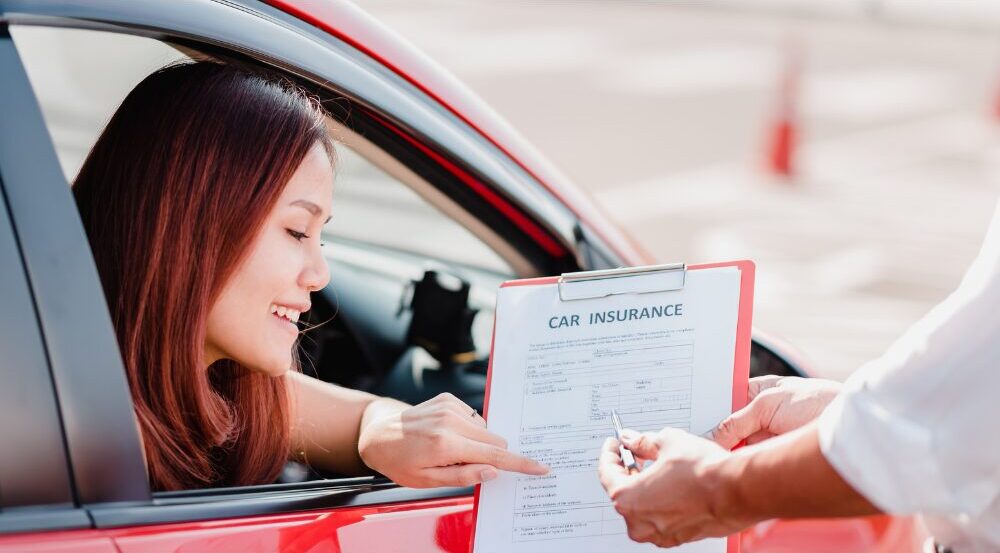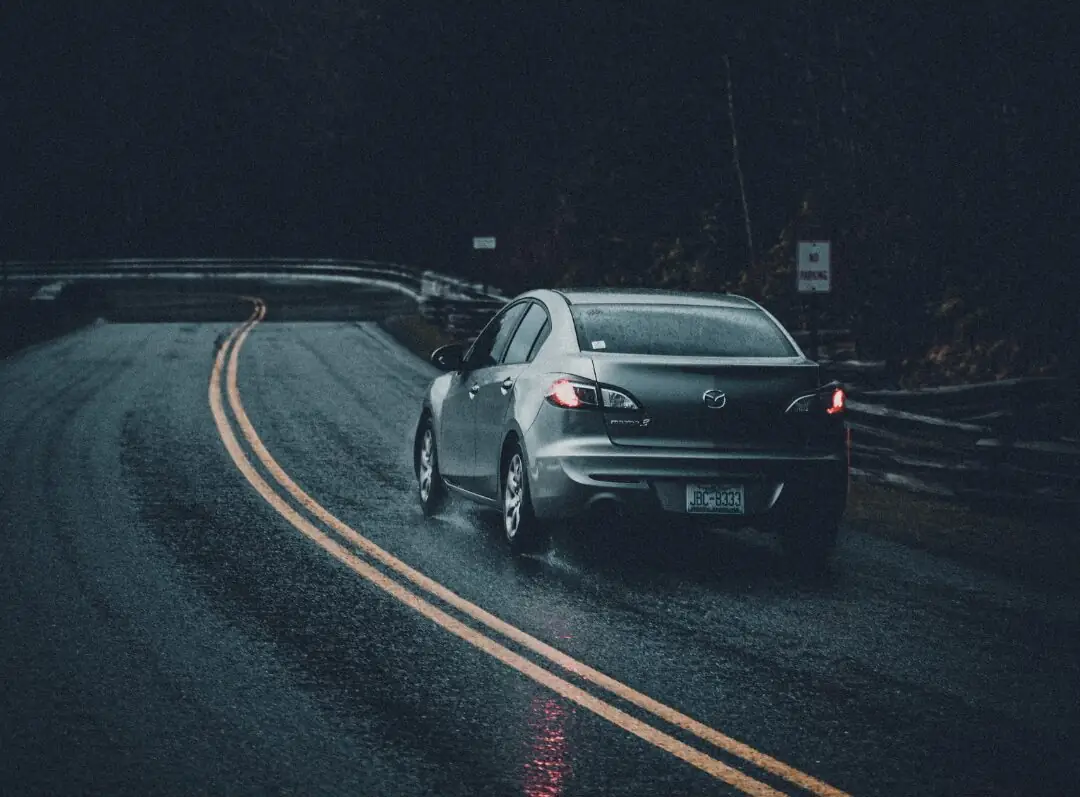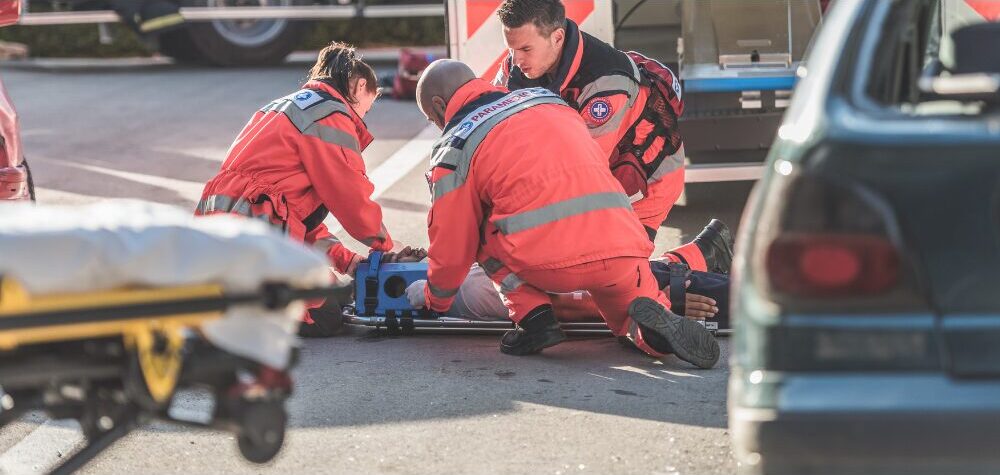
By Amita Brar | Associate | Seattle Office
Being involved in a car accident can turn your life upside down in an instant—especially when medical bills and lost wages start piling up. That’s where Personal Injury Protection (PIP) coverage can be a major lifeline. If you have it, PIP helps cover your expenses quickly, without the need to determine who was at fault. But what if you don’t have PIP on your auto insurance policy?
Let’s break down what PIP is, how it works, and your options if you don’t have it after an accident.
What Is PIP Insurance?
Personal Injury Protection (PIP) is a type of “no-fault” auto insurance. This means it applies regardless of who caused the accident. PIP can help cover:
- Medical expenses (like ER visits, doctor’s appointments, and physical therapy)
- Lost wages if you're unable to work due to your injuries
- Essential household services (such as cleaning or caregiving help if you're too injured to manage on your own)
In many states, PIP is required. However, in Washington State, PIP is not mandatory—it’s optional coverage. Still, many people choose to add it to their policy because of its broad benefits and ease of access.
Why PIP Is Valuable
There are many benefits to opening a PIP claim after a collision including having medical bills paid for up to three years after the collision, or up to $10,000 (or more depending on your policy); never having to pay a deductible or co-pay; being covered regardless of who caused the collision since PIP is no-fault; and having protections from your insurance company, which by law cannot raise your insurance rates or cancel your policy for using PIP when filing an accident report.
What If You Don’t Have PIP?
If you declined PIP coverage or aren’t sure if you have it, don’t panic. You still have options:
- Check Your Health Insurance
Once it’s confirmed that you don’t have PIP, your health insurance will need to cover accident-related treatment. Be aware, though, that you may be responsible for deductibles, co-pays, and pre-authorization requirements, depending on your policy. - Claim Through the At-Fault Driver’s Insurance
If another driver caused the accident, you may be able to file a claim against their liability insurance for medical expenses, lost wages, and other damages. This process can take time, and settlements may not come right away—so be prepared for a delay. - MedPay Coverage (if you have it)
Some auto policies include Medical Payments (MedPay) coverage, which also helps pay for medical costs, though usually in smaller amounts than PIP. - Out-of-Pocket or Payment Plans
Without PIP or applicable health coverage, you may need to discuss payment plans with your providers or seek assistance from a personal injury attorney to explore compensation options.
GLP Attorneys are Here to Represent you in your Personal Injury Case
GLP attorneys are here to help you navigate your coverage after a vehicle collision. We want to ensure that while you are healing from car collision injuries, you are also able to feel financially secure. Personal injury cases from an automobile accident injury can be complex, and you must understand the variety of different liability and insurance coverage issues that may apply to your case, including Personal Injury Protection coverage. If you think that someone was at fault in causing a collision that you, a family member or a friend were involved in, you should have the facts of your claim reviewed by a lawyer as soon as possible.
If you have been involved in an automobile collision, please call 800.273.5005, or email our personal injury attorneys at for a free initial consultation. One of our skilled attorneys will be able to tell you whether you might be able to collect damages.



